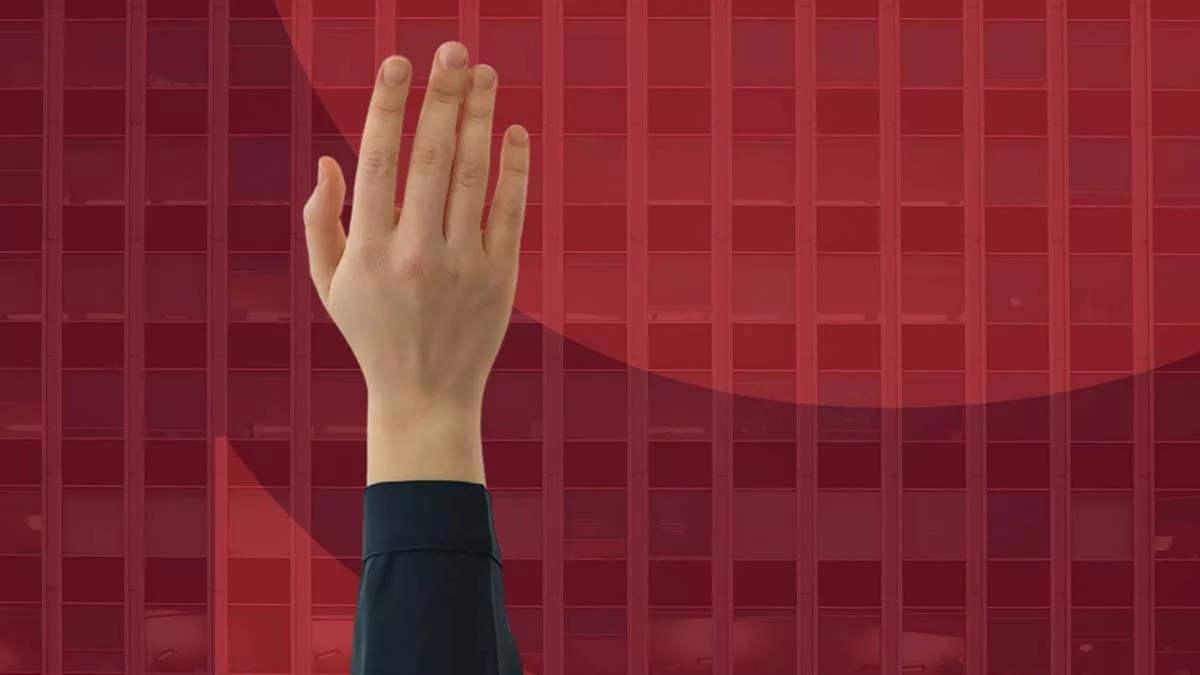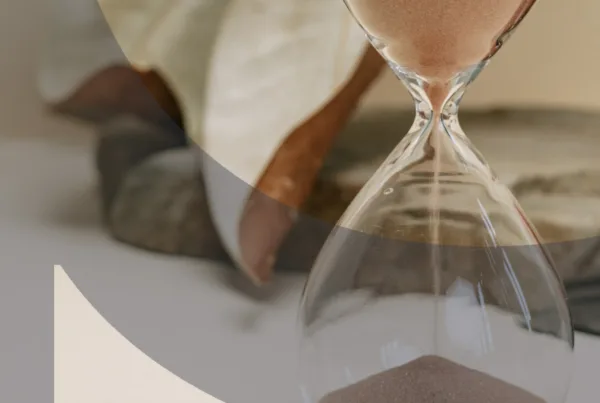By Dan Ahern
My journey with The Pollack Group began as an Integrated Marketing and Public Relations Intern in January 2021. One year later and six months into my role as an Account Coordinator, my professional and personal life has progressed by leaps and bounds.
In our industry, “thought leadership” is a crucial term to understand. Thought leadership is the strategy of positioning your company and its people at the forefront of a specific industry, and one that we leverage and implement for the benefit of both clients and our agency. The faces and voices behind brands drive engagement in a similar manner as products and services. I wanted to put my own understanding of this concept into practice, with a thought leadership piece geared toward students – whose shoes I filled just a few months ago. With the intense level of pressure that family members, mentors, and professors place on the process of securing a job – from resume and cover letter preparation, to interview strategies, to negotiation tactics – the adjustment and independence can be difficult to navigate once the job begins. Below, are some of my key takeaways so far as an entry-level employee in a midsize agency setting.
Develop Organization and Routine to Balance Out the Unexpected
The level of communication required in the professional world differs vastly from that in the life of a student. Some anticipate this jump better than others, but the adjustment is unavoidable. Mastering the verbiage and pace of business communications can sometimes feel like learning a new language. Working in business requires direct, straight-to-the-point communication, compared to typically friendly, informal correspondence with college professors and peers. This is not to say business conversations cannot be friendly, but every detail and piece of information communicated is a reflection on the company, and time is always of the essence.
READ MORE: 13 Trends Agency Owners Can Leverage To Stand Out In 2022
Once you understand your responsibilities and daily workload, it’s critical to find a system of organization that works for you. For example, I color-code my emails and categorize documents by client so I can easily refer back to past work or email threads. At the beginning of each day, I draw up a schedule to stay on track with deadlines; this is always subject to change but writing out your responsibilities is always more effective than relying on memory. I recommend establishing these daily habits soon after you begin to maximize productivity.
Grow From Your Mistakes
As the saying goes, we learn more from our failures than our successes. I’ve certainly tripped up a time or two, but the valuable lesson here is that one mistake is rarely going to end your career, especially at a company that values its employees and their development. The first step is to admit to yourself that you’ve made a mistake, then acknowledge the same to your coworkers and determine actionable steps to improve. Taking these steps will strengthen trust amongst your coworkers and prove you’re invested in the advancement of the agency.
Additionally, don’t be afraid to ask for help if you’re struggling to understand exactly how your work could have been done differently. More likely than not, your supervisors and managers have been through similar experiences and can pinpoint where things may have gone awry. Recognize that there’s a reason you were chosen for the job out of dozens or even hundreds of applicants, and everyone makes mistakes regardless of skill level and experience.
READ MORE: How My Day Job Fuels My Passion
Understand that Every Business Relationship is Different
In the agency world, clients come with various personalities and management styles, and if you’re working on their account, it’s your responsibility to adjust quickly to work with these personalities to produce the best results. To date, I’ve worked on seven accounts and every executive leader has had a different style and pace of work. As a junior employee, even if you’re not interacting directly with the client, it’s vital to understand their preferred methods of delegating work and strategy so you can better support your team. It’s also important to absorb the interactions you witness between clients and team members so you can rise to the challenge once you reach a level of higher responsibility, where you may be a client’s primary point of contact.
Take Time to Reflect on Growth
People tend to overestimate what they can do in six weeks… and underestimate what they can do in six months. When I find myself enduring a stressful day or week, I take time to look back on where I started. The level of responsibility that I’m handling now would have been unfathomable six months ago, and recognizing the strides I’ve made, big or small, stimulates further professional growth. Find a workplace that invests in your growth and follows you closely on this journey. The diligence with which you perform your work should be reciprocated with the company’s investment in your career progression. If it’s not reciprocated, you’re less likely to see long-term improvement in your work and skillsets.
READ MORE: Answering Aspiring PR Professionals’ Biggest Questions
I’ve been lucky enough to do some fascinating work and implement my skillsets across media relations, marketing, event planning, social media strategy, SEO, and business development. But regardless of the skills and specialties you’re required to activate in an entry-level job, following these high-level insights will set you on the right track for success.






